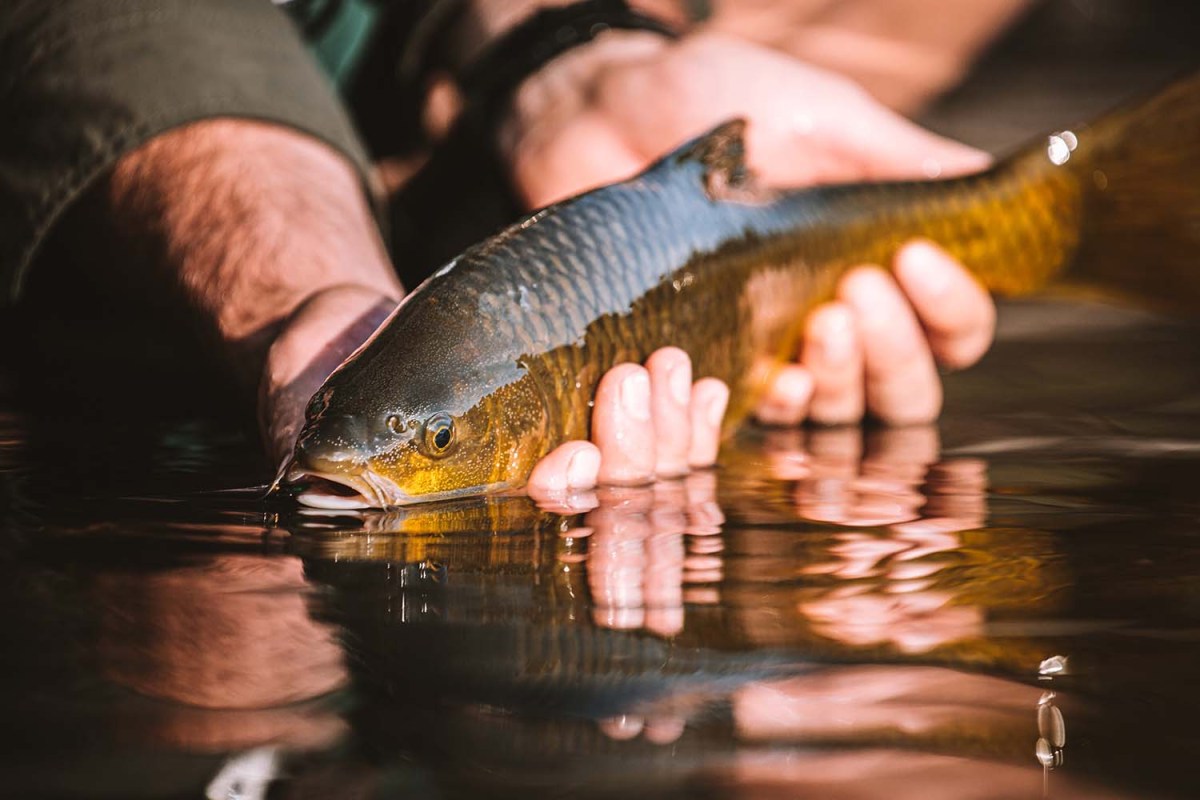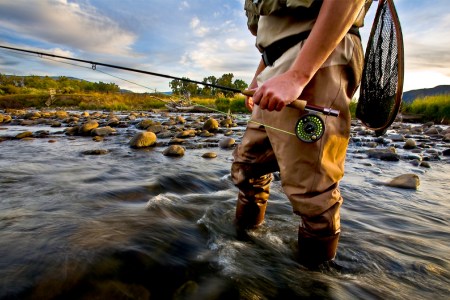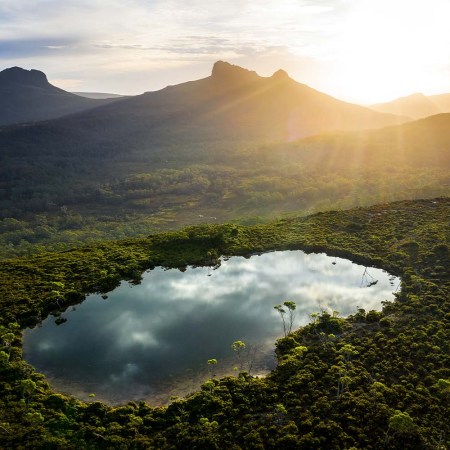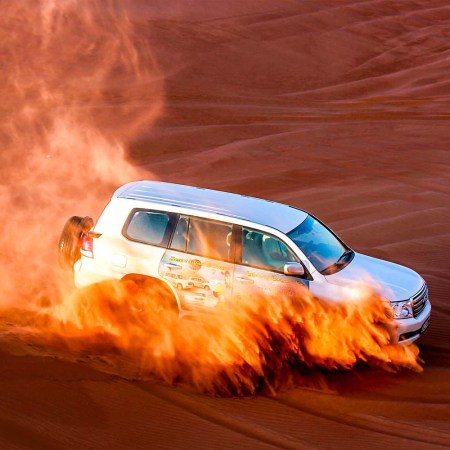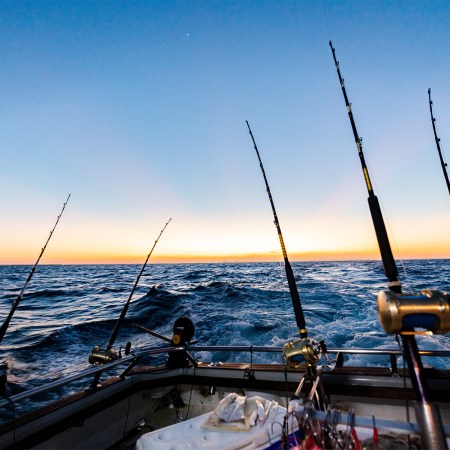It’s easy to pretend I’ve stepped back in time. Walking the grassy, rock-strewn land alongside the gin-clear waters of the Bokong River, I tip my face up, feeling the summer sun on my skin, and watch a villager lead his ox up the hill to his small plot of maize. There’s just enough afternoon breeze to break the day’s heat, and I wonder how long the man and his ox will work before calling it a day. A few shepherd boys cross the hillside above me, mounted on world-weary donkeys as they urge their little herd of angora sheep and cattle through the rough terrain.
The outside world fades quickly when one arrives at Makhangoa Community Camp, high in the Maluti Mountains. It’s a slower life up here. Sitting at more than 7,200 feet elevation, Makhangoa Camp is the brainchild of African Waters, a specialty fly-fishing tour operator and guide team based a 10-hour drive away in Pietermaritzburg. The African Waters team runs camps around the continent — from the Red Sea off Port Sudan to the jungles of Cameroon and Gabon — but it’s clear that Makhangoa has a special place in the team’s heart.
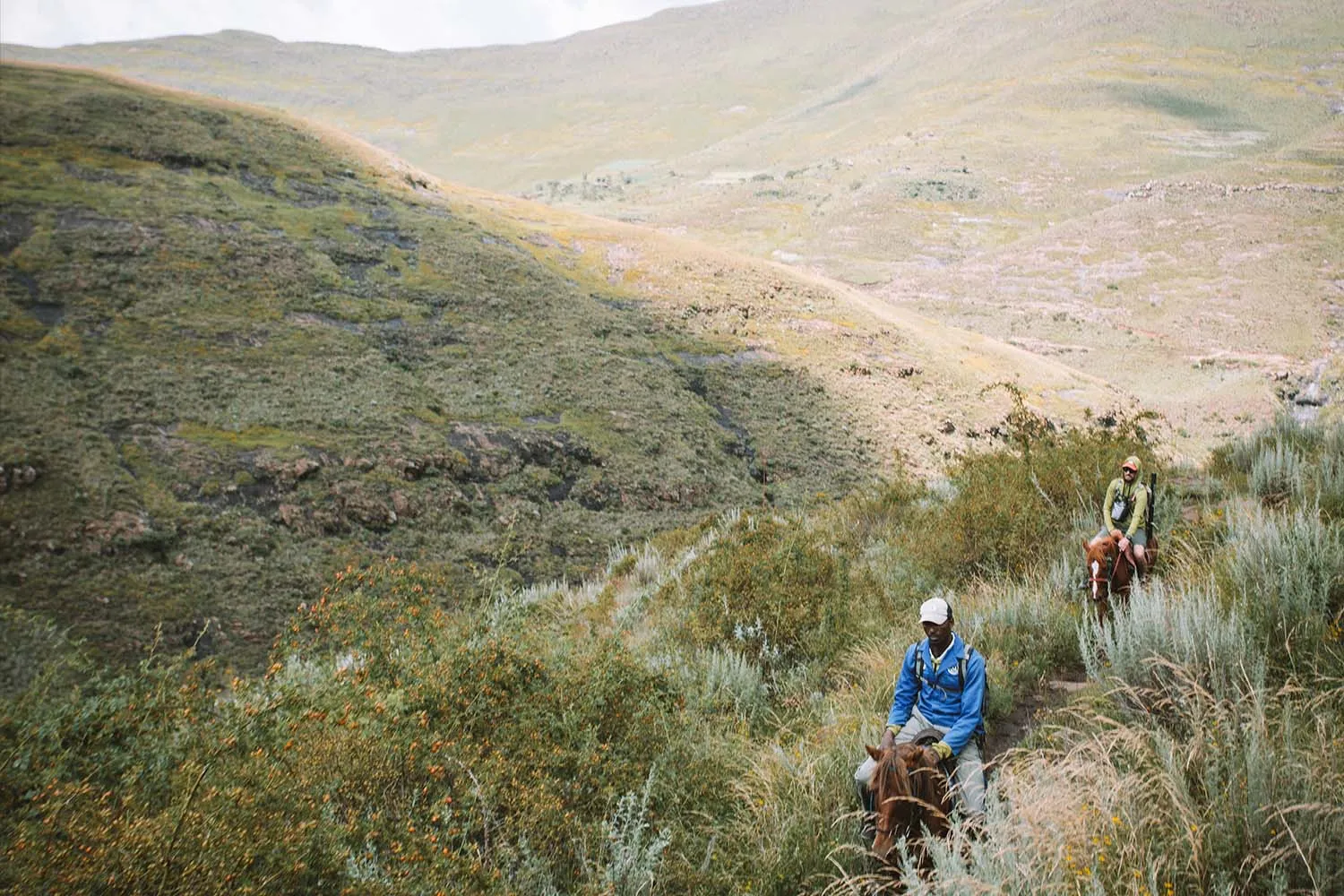
It doesn’t take long to see why. The camp lies in the kingdom of Lesotho, one of three enclave countries in the world, meaning it’s wholly surrounded by another country: in this case, South Africa. But Lesotho challenges one’s perceptions of Africa. It’s the only independent state in the world that lies entirely above 3,281 feet in elevation, and more than 80% of the country is above 5,906 feet. Encompassing only 30,000 square miles, Lesotho is rural, rugged and unique from the rest of the continent.
A Complete Beginner’s Guide to Fly Fishing Gear
A comprehensive list of the basics you need to get started on the water this spring.It’s near the end of a long, winding dirt road above Katse Dam that African Waters chose to build Makhangoa Community Camp, partnering carefully with the nearby Makhangoa village and outlying community to ensure both the locals’ support and that the camp will, in turn, benefit the rural area. The camp houses two or three South African guides each season and is home to four cozy rondavels — traditional small, round buildings — which can sleep two visiting anglers each. The compact nature of the camp means its footprint isn’t too big or disruptive to the locals. And the Makhangoa community sees the camp now as a significant asset and contributor, not as a detractor. It’s a lesson many other lodges around the world could stand to learn: how to work with the local community, not against it.
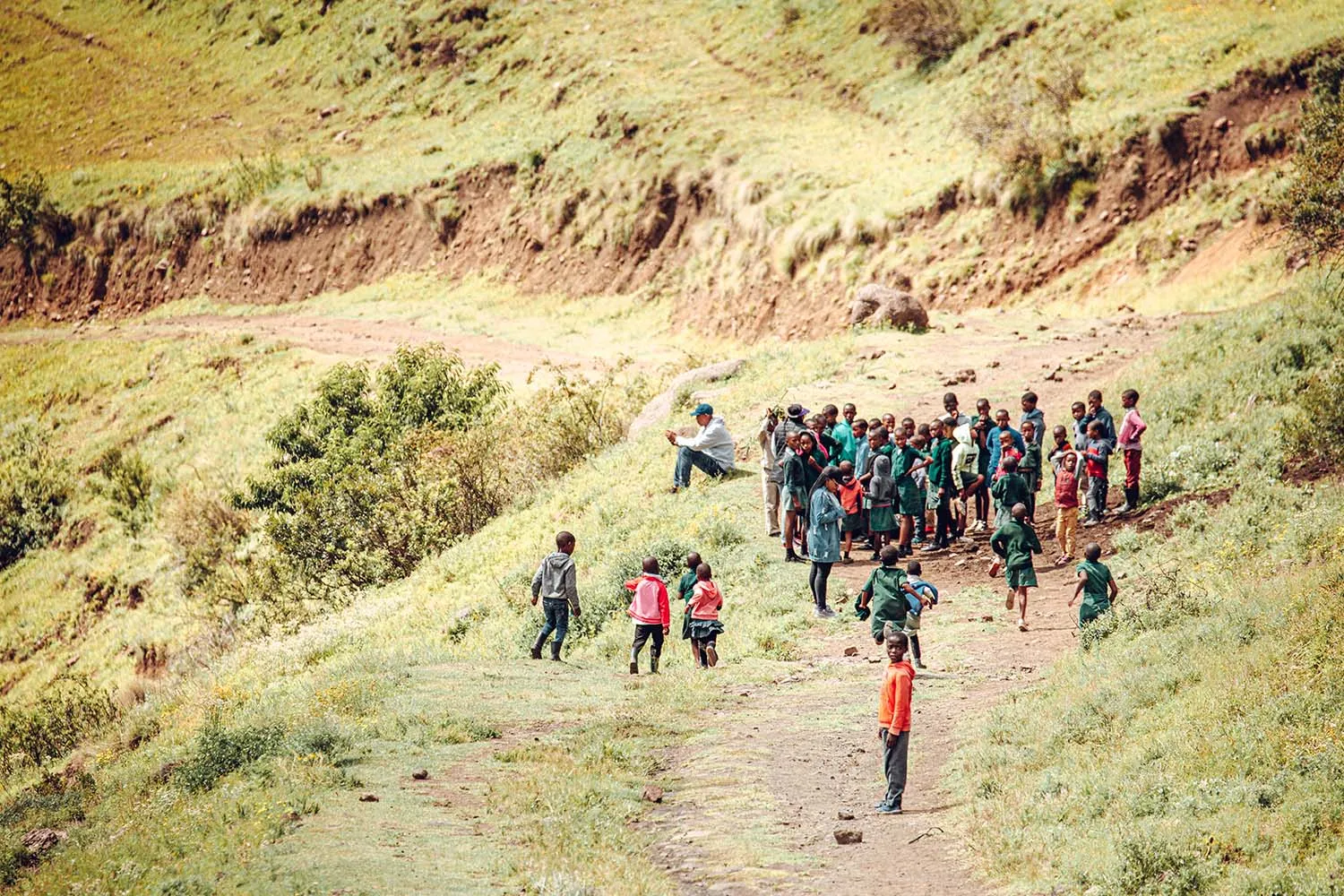
Every angler visiting the camp pays a tourism levy, which goes directly to the Makhangoa community. The camp employs more than 50 individuals from the local village, from charismatic Martin, the chief’s son, to the women who rotate through each day as housekeepers. The camp supports a River Ranger program, which helps the local community provide both education on and protection for the area’s natural resources — namely, the mighty Bokong. Sustainable cooking projects, water delivery programs and logistics upgrades (including road and footbridge building) have all stemmed from the partnership between the camp and the local village.
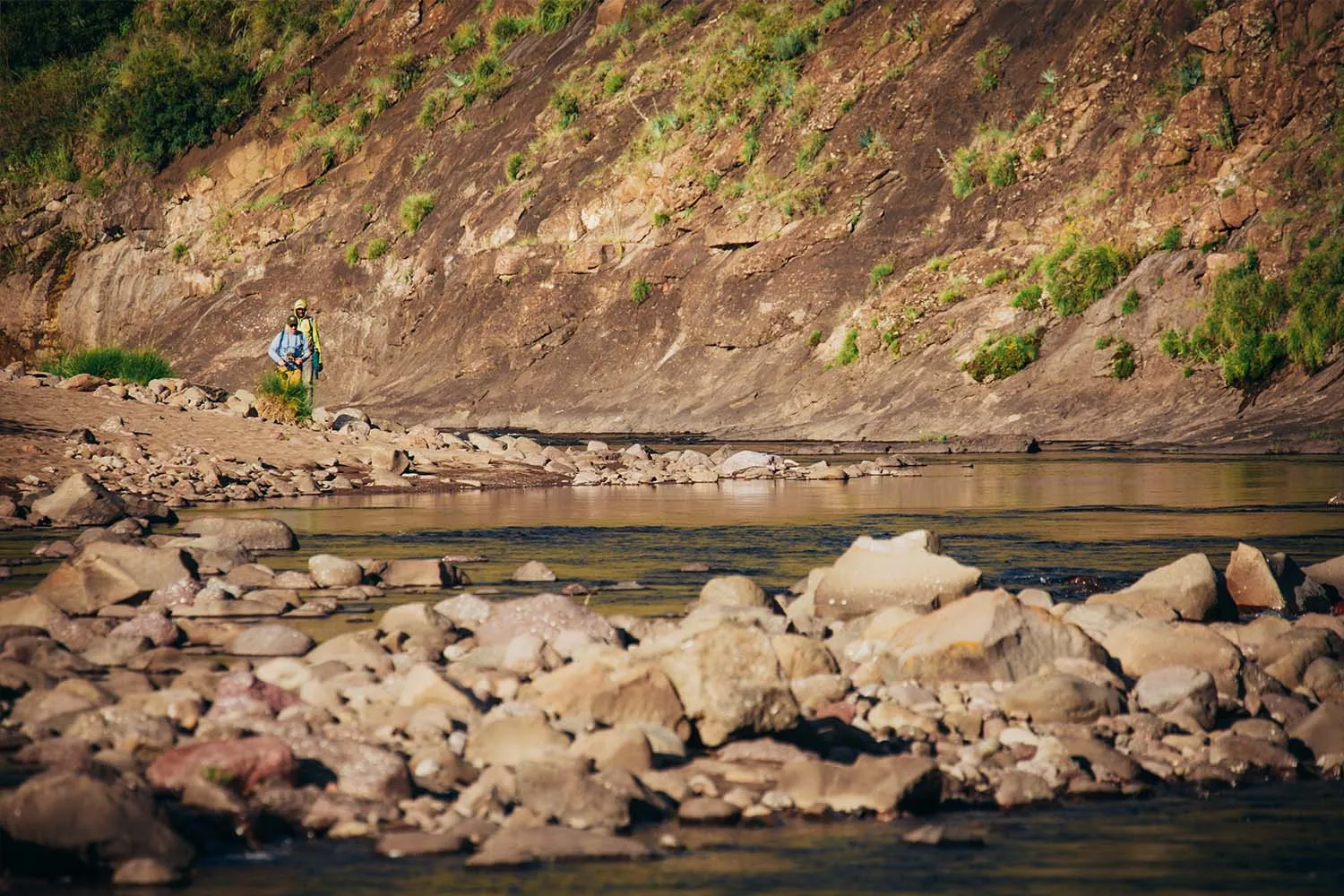
In recent years, African Waters partnered with NGO IndiFly to bring sustainable solar energy to the village, which has improved the day-to-day routine for many of its residents. The village elementary school hasn’t received stationary or supplies from the government in two years, but African Waters drops off boxes of pencils, notebooks and other basics on a regular basis. The kids are keen on the stationary but far more excited about the new soccer ball that emerges from one of the supply boxes. It’s the small things in life for these youth, something that the youth of more industrialized locales could stand to learn as well.
This partnership with the local village and community alone makes for a compelling reason to visit Makhangoa Community Camp, but for most travelers who undertake the long drive into camp, it’s the fishing that first draws them. Yellowfish are the target here, and when conditions are right, the Bokong can present yellowfish in numbers that are simply overwhelming. The camp has access to more than 12.5 miles of wild river in the long, winding valleys of the Maluti Mountains, as well as estuary fishing.
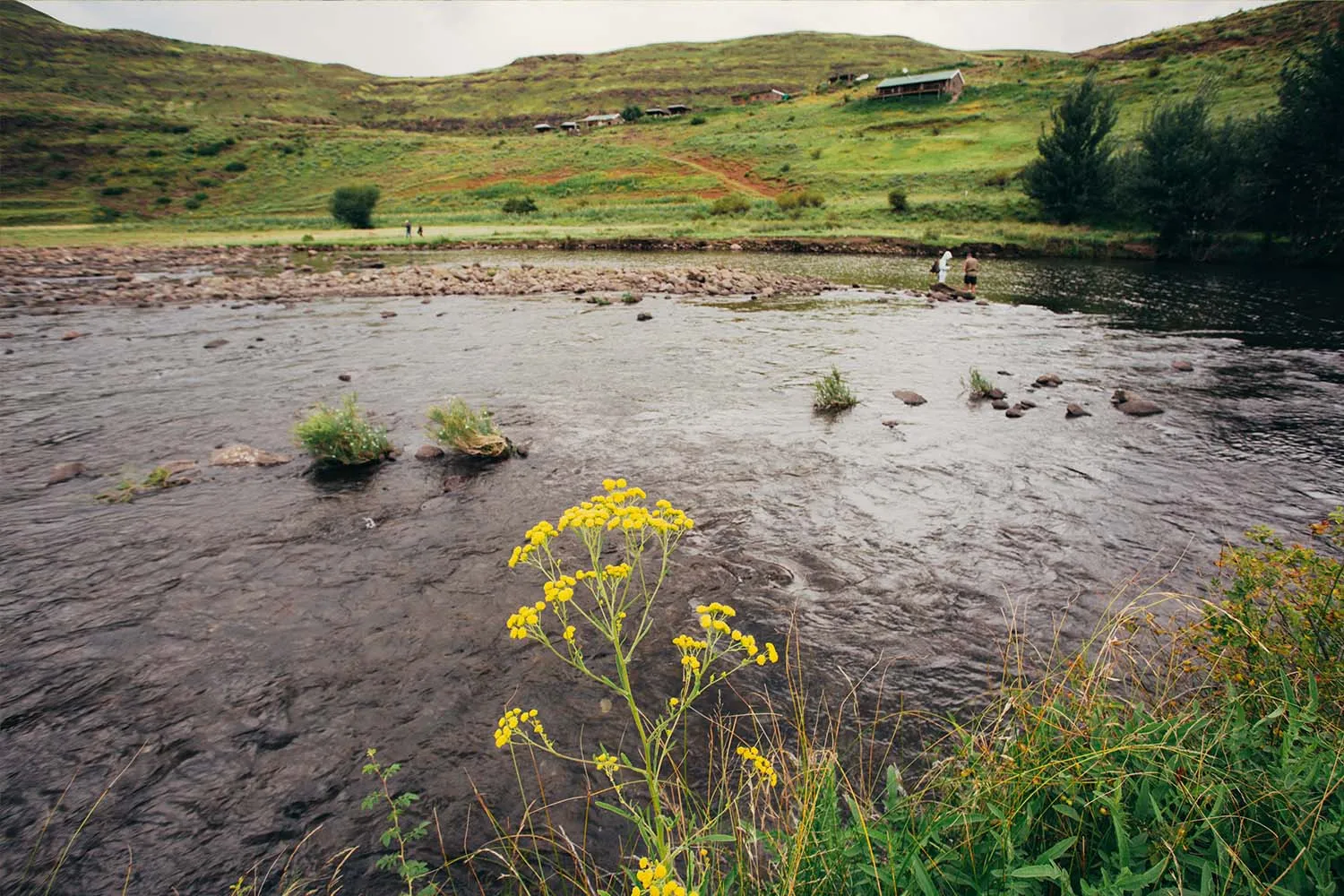
Found only in southern and eastern Africa as well as parts of Ethiopia, yellowfish are similar to a European barbel, but with a distinctly African flair. They can’t be caught anywhere else, and this exclusivity places them at the top of many anglers’ bucket lists — those who are in the know, at least. Most fishermen outside Africa have never heard of yellowfish, and they are missing out. The South Africans call the odd-looking fish “freshwater bonefish,” referencing the sought-after saltwater sportfish called a bonefish, and for good reason. For if more people knew about yellowfish, surely they would be just as popular as their saltwater friends.
Unlike many lodges where the routine is intense and “go, go, go,” the daily tempo at Makhangoa takes on an ease that’s perhaps inspired by the rural village life of the mountains. Tea, coffee and rusks are ready at 6:30 a.m., with a hot breakfast served at 7. The guides do all of the cooking in a communal kitchen, lending a familial atmosphere to the entire operation, and meals often morph into fly-tying sessions at the big central table. Everyone then gears up and heads out, spending the days walking the valleys along the Bokong, looking for feeding fish. Lunches can be taken back at home base or spent under the shade of an old willow tree not far upstream from the village. After an afternoon fishing session, everyone climbs the hill back to camp, kicks back with appetizers and drinks, and trades fishing stories until dinner.
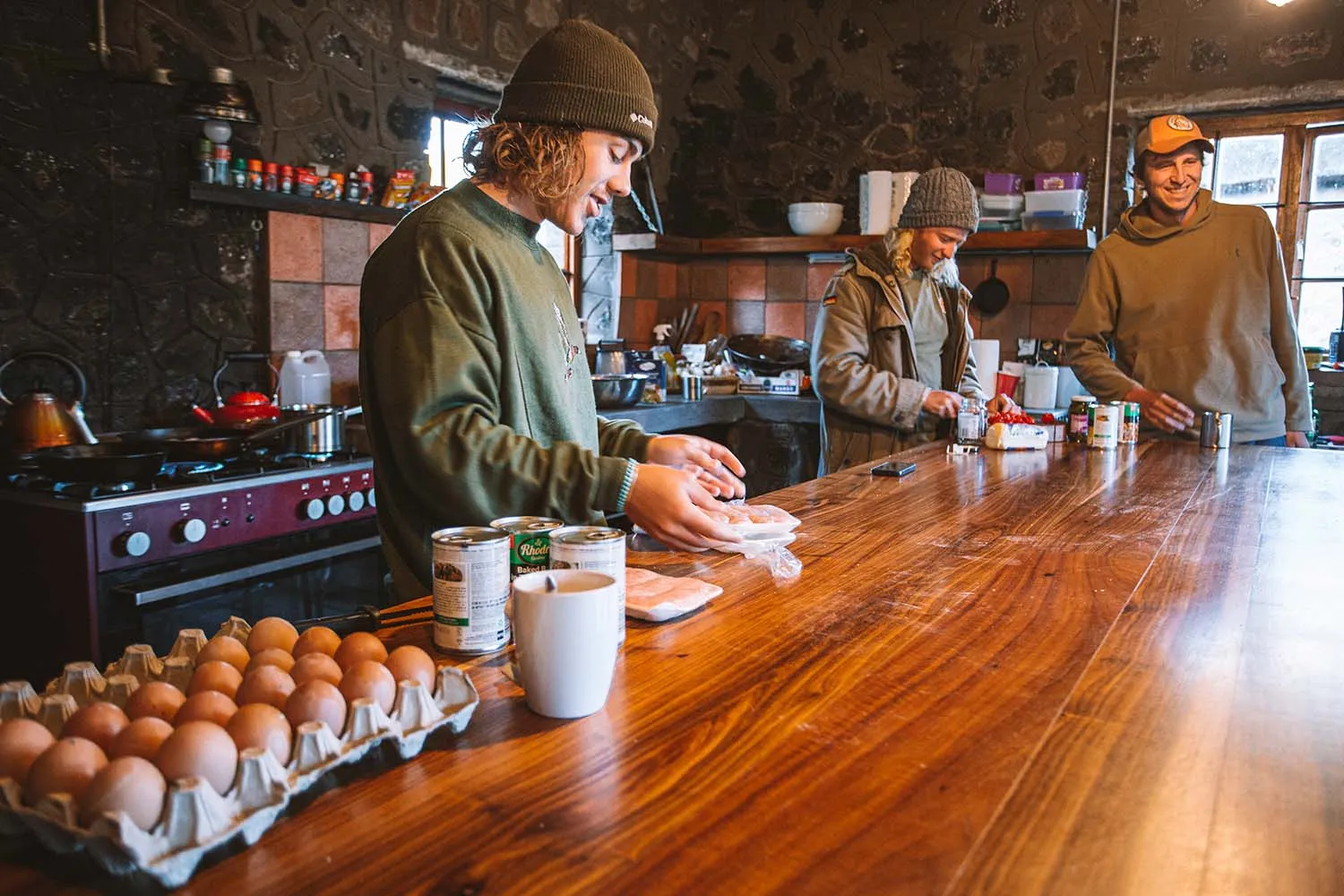
The camp is perched high on a hill overlooking one of the Bokong’s scenic bends, and the outdoor table and camp chairs provide the ideal space to sit, sip a local Maluti beer and watch the shepherd boys tend their herds as the evening light drops. It’s easy to imagine that life here, several hundred years ago, followed much the same tempo: rise, walk, rest. Simple and utterly fulfilling.
A trip to Makhangoa Community Camp means traveling to a country most people have never heard of to chase a fish most people have never seen. And thanks to the hospitality and companionship of the guides and the Makhangoa village, it’s a trip well worth taking. The once-in-a-lifetime yellowfish fishing doesn’t hurt, either.
This article was featured in the InsideHook newsletter. Sign up now.
